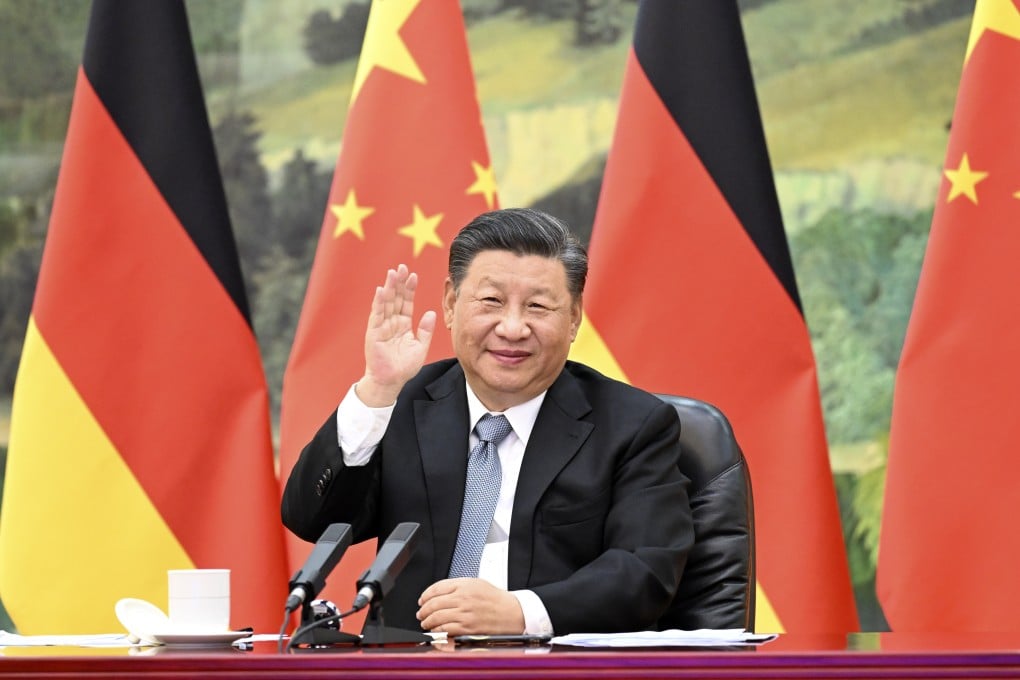Advertisement
China-Germany investment faces ‘challenges’ as rivalry grows in post-Merkel era
- Germany is still a go-to destination for Chinese firms looking to acquire hi-tech goods and cannot be easily replaced, analysts say
- But China-German investment could be ‘tougher than before’ as relations between Beijing and the European Union worsen
Reading Time:3 minutes
Why you can trust SCMP

Germany is expected to remain an investment hotspot for China after it unveils new overseas spending priorities at the National People’s Congress this month, despite uncertainty following the retirement of chancellor Angela Merkel, who was praised for her pragmatic approach to bilateral ties.
China’s top officials will lay out major economic policies for the year at the “two sessions” – the annual meetings of the National People’s Congress (NPC) and the National Committee of the Chinese People’s Political Consultative Conference (CPPCC) – which begins on Friday in Beijing.
Though there are signs the once-cooperative relationship between Beijing and Berlin is fraying, Germany is still a go-to destination for Chinese companies looking to acquire hi-tech goods and cannot be easily replaced, analysts said.
Advertisement
“One needs to be aware that know-how and technology in hi-tech areas, particularly in critical fields, are not easily substituted by others,” said Dr Liu Wan-Hsin, senior researcher at Kiel Institute for the World Economy. “German firms can be good in certain fields, American firms in others.”
However, Liu said China-German trade and investment would be “tougher than before” and there would be “challenges” for companies and governments in both countries.
Advertisement
Advertisement
Select Voice
Choose your listening speed
Get through articles 2x faster
1.25x
250 WPM
Slow
Average
Fast
1.25x
